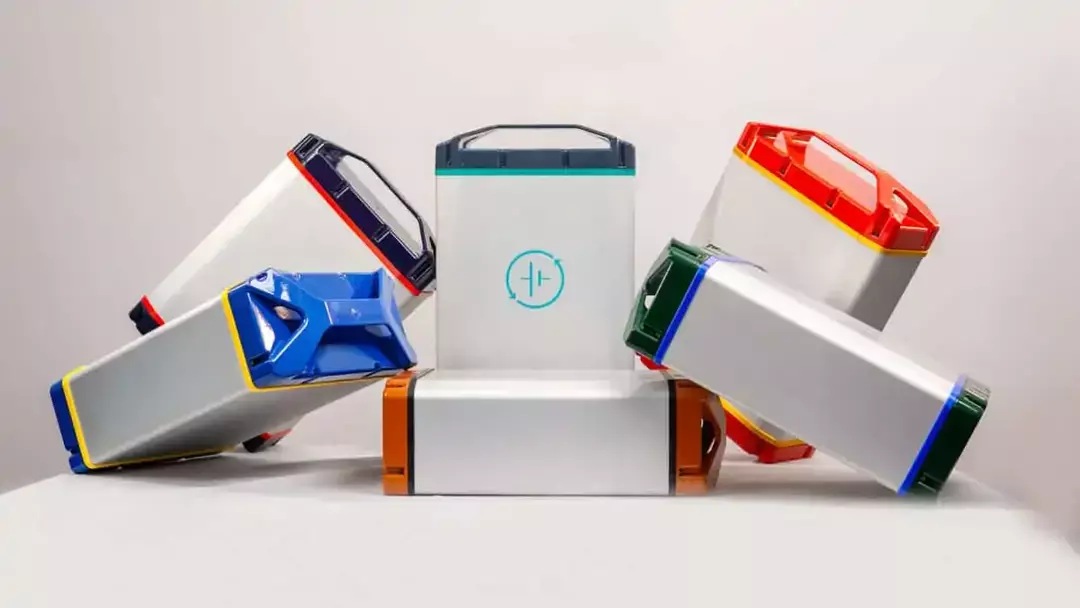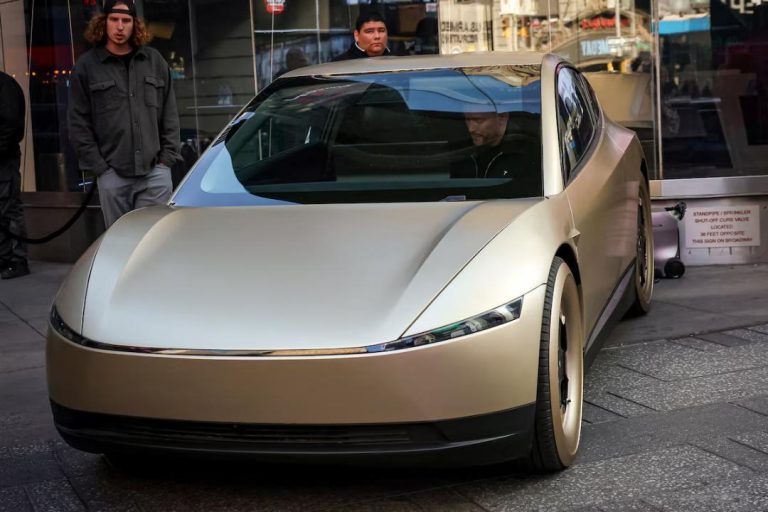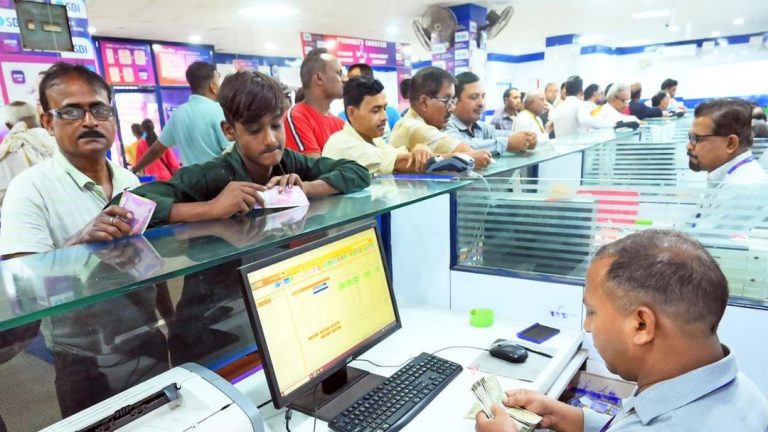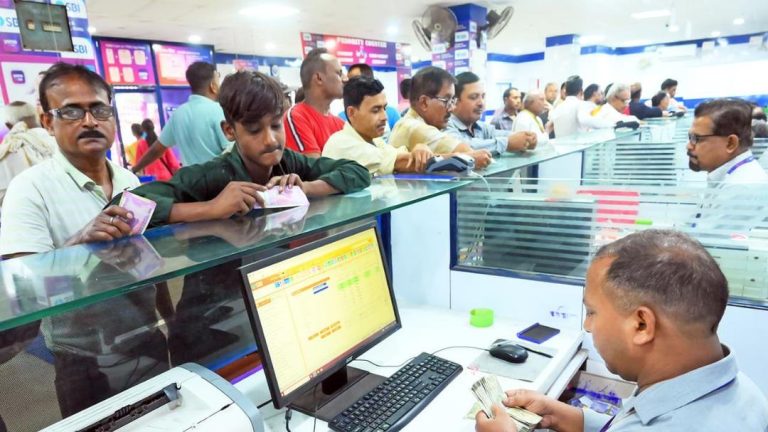
Battery Swapping Gains Traction in India’s Tier-2 Cities
India’s electric vehicle (EV) market has been gaining momentum in recent years, driven by government initiatives, declining battery costs, and increasing environmental concerns. However, despite these positive trends, the adoption of EVs has been slower in Tier-2 cities compared to Tier-1 cities like Delhi and Mumbai. One of the primary reasons for this is the range anxiety and high costs associated with EV ownership. To overcome these barriers, a new trend is emerging in India’s Tier-2 cities: battery swapping.
Battery swapping, also known as Battery-as-a-Service (BaaS), is a revolutionary concept that allows EV owners to swap their depleted batteries for fully charged ones at a network of swapping stations. This not only eliminates range anxiety but also reduces the upfront cost of EV ownership. Startups like Chargeup, Esmito, and RACEnergy are driving the growth of battery swapping in India, particularly in Tier-2 cities like Indore and Lucknow.
The Challenges of EV Adoption in Tier-2 Cities
Tier-2 cities in India often lack the infrastructure and resources to support widespread EV adoption. Limited charging points, inadequate electricity supply, and inadequate parking spaces are some of the common challenges faced by EV owners in these cities. Moreover, the high upfront cost of EVs, coupled with the lack of awareness about their benefits, has limited their adoption.
Battery Swapping: A Solution to Range Anxiety and High Costs
Battery swapping offers a viable solution to these challenges. By swapping their depleted batteries for fully charged ones, EV owners can enjoy the benefits of EVs without worrying about range anxiety. Moreover, battery swapping reduces the upfront cost of EV ownership by eliminating the need for a large battery pack. This makes EVs more affordable for a wider range of consumers.
Startups Driving Growth in Battery Swapping
Several startups are driving the growth of battery swapping in India, particularly in Tier-2 cities. Chargeup, one of the pioneers in the BaaS space, has set up a network of swapping stations in Indore, Lucknow, and other Tier-2 cities. The company claims that its battery swapping solution has reduced the overall cost of EV ownership by up to 30%.
Esmito, another startup, has developed a BaaS platform that enables EV owners to swap their batteries at a network of swapping stations. The company has partnered with several EV manufacturers, including Tata Motors and Hyundai, to offer its BaaS solution to EV owners.
RACEnergy, a startup based in Bengaluru, has developed a solar-powered battery swapping station that can charge batteries in under 15 minutes. The company claims that its solution can reduce the overall cost of EV ownership by up to 50%.
Government Support and Solar-Powered Stations
The Indian government has been supporting the growth of battery swapping through various initiatives. The Ministry of Heavy Industries and Public Enterprises has launched a scheme to incentivize the adoption of BaaS solutions in India. The scheme offers subsidies to companies that set up battery swapping stations and develop BaaS solutions.
Moreover, the government is promoting the use of solar power in battery swapping stations. Solar-powered stations not only reduce the carbon footprint of battery swapping but also provide a reliable and renewable source of energy. Several startups, including RACEnergy, are developing solar-powered battery swapping stations that can charge batteries in under 15 minutes.
Impact on India’s Last-Mile and Shared Mobility Ecosystems
Battery swapping has the potential to transform India’s last-mile and shared mobility ecosystems. With battery swapping, EVs can be used for longer periods without worrying about range anxiety. This can increase the adoption of EVs in shared mobility services, such as ride-hailing and car-sharing platforms.
Moreover, battery swapping can reduce the overall cost of EV ownership, making it more affordable for consumers. This can increase the adoption of EVs in personal transportation, leading to a reduction in emissions and air pollution.
Conclusion
Battery swapping is gaining traction in India’s Tier-2 cities, solving the challenges of range anxiety and high costs associated with EV ownership. Startups like Chargeup, Esmito, and RACEnergy are driving the growth of battery swapping, and government policies and solar-powered stations are expected to accelerate adoption across India’s last-mile and shared mobility ecosystems. As the adoption of battery swapping grows, it is likely to transform the EV market in India, making it more affordable and accessible to a wider range of consumers.
News Source:






